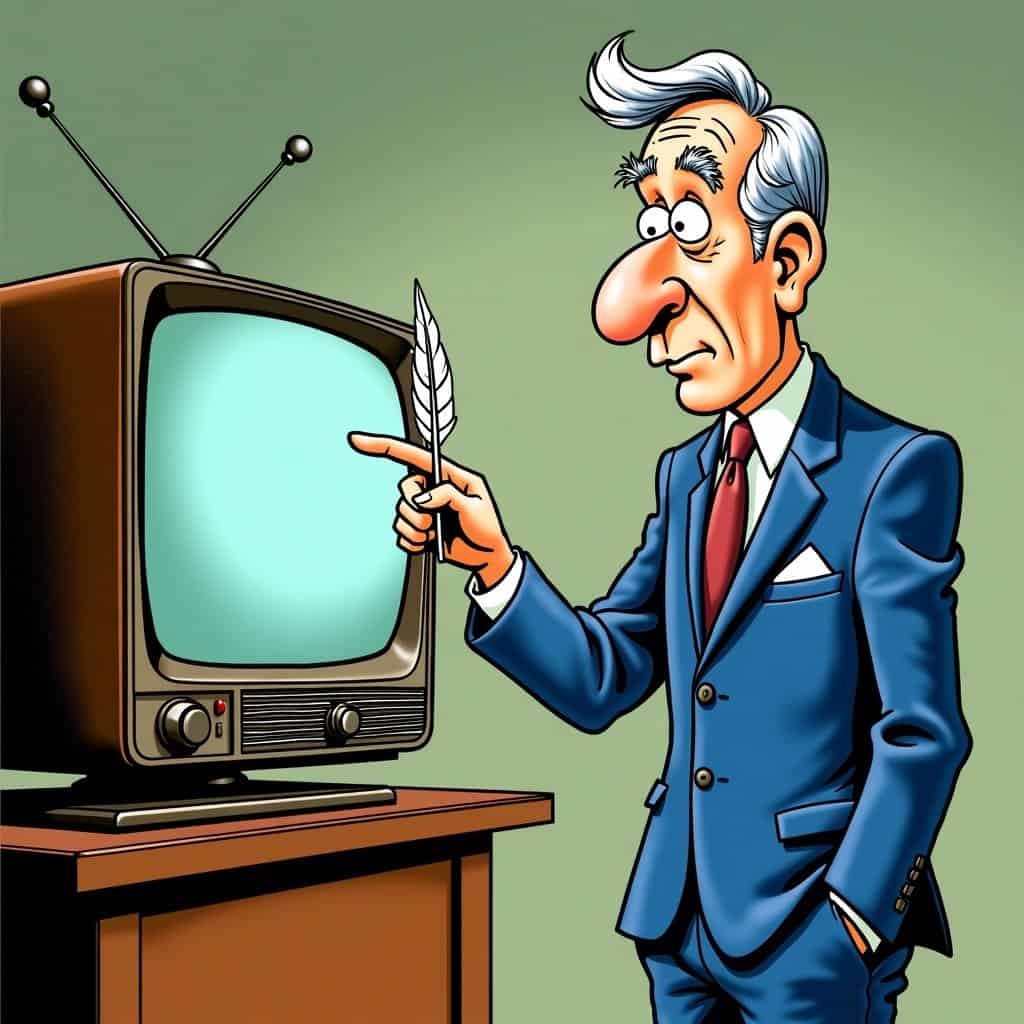William F. Buckley Jr. didn’t just make intellectual conservatism cool – he practically turned it into a fashion statement. But beyond his clever wordplay, Buckley was dead serious about foreign policy. He wasn’t the kind of hawk that swipes your picnic sandwich; he was the type who knew a strong national defense was non-negotiable.
Buckley’s push for a tough foreign policy wasn’t a passing fancy; it was the bedrock of his beliefs. He argued that a strong foreign policy is key to national sovereignty. After all, who wants to be the kid forced to share their toys just because the other kids decided to take a vote?
This view fits perfectly with the conservative idea of keeping the nation secure and sovereign. It’s like having a top-notch home security system – you can rest easy knowing Uncle Sam’s got your back. Now, compare that to the liberal love for international cooperation, which often feels like politely asking burglars not to break in.
Yeah, good luck with that approach.
Foreign Policy and Individual Liberties
Buckley’s stance aligns with the conservative focus on personal freedoms. A bold foreign policy helps protect those rights by making sure America isn’t pushed around on the world stage. Picture Biden at a G7 meeting, saying sorry for America. Another serving of avocado toast diplomacy, anyone?
Buckley believed a muscular foreign policy was all about protecting America’s interests. He warned that not showing strength could lead to all sorts of trouble, including economic instability. Think about it: if America doesn’t flex its muscles, you might end up with weak trade deals and fewer American jobs. Do we want our economy treated like it’s on a crash diet, missing out on all the good stuff?
Economic Impact of Strong Foreign Policy
Let’s talk about how a strong foreign policy lines up with conservative economic principles. Conservatives believe in free markets and low taxes to drive innovation and growth. The logic? A confident, well-protected nation can unleash its entrepreneurial spirit without worrying about outside threats. On the flip side, progressive policies often focus on spreading the wealth around and government meddling – like your nosy aunt critiquing your spending habits at Thanksgiving dinner.
Conservative vs. Progressive Economic Approaches
| Conservative Approach | Progressive Approach |
|---|---|
| Free markets | Government intervention |
| Low taxes | Higher taxes for redistribution |
| Entrepreneurial freedom | Regulated markets |
Conservatism is about giving individuals and businesses the freedom to succeed, and a rock-solid foreign policy supports this by creating an environment where economic growth can flourish. Don’t fall for the liberal talk of income equality and government handouts. We’ve seen how that approach just creates dependency and puts the brakes on economic prosperity.
National Pride and Foreign Policy
There’s also the matter of national pride. Buckley’s stance fits perfectly with the belief that America should be a shining example of freedom and democracy. Conservatives take pride in their country’s achievements and believe America’s best days are still to come, but only if we stay strong and determined.
William F. Buckley Jr.’s push for a robust foreign policy teaches us about the importance of national sovereignty, economic stability, and individual freedoms. So next time some TV pundit tries to sell you on the wonders of international diplomacy and “globalism,” remember Buckley’s wisdom. It’s not just clever—it’s absolutely necessary.
Table of Contents
- Foreign Policy and Individual Liberties
- Economic Impact of Strong Foreign Policy
- National Pride and Foreign Policy






